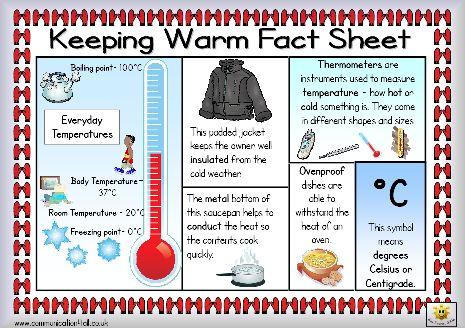I had to de-ice the car’s windscreen this morning. Our elderly dog refuses to go for a walk. The car’s thermometer read the outside temperature at 2 degrees as I dropped my son at his football game.
Yes, it’s cold outside.
This set of circumstances could be considered entirely predictable, considering it’s mid-winter, but it prompts this question from “Puzzled of Island Bay”:
“As I work from home in the cold: why is it that fan heaters blast heat but the minute you turn it off the heat disappears? But the heat from an oil column heater seems to last?”
READ MORE: * The best value ways to heat your home over winter * How much does it really cost to install a heat pump? * The cheapest and most efficient way to warm a house * Renters' guide to portable heating - many make the wrong choice
This brings us to the science of staying warm, and I will leave no stone unturned in reaching into our Stuff archives to answer this, and other pressing questions, about being cold and staying warm.
First, the most basic question of all:
The shortest day has been – why is it still cold?
It’s always coldest after the shortest day. This seasonal lag occurs because the Earth's oceans and land masses absorb the sun's energy and only release it slowly over time.
We’re getting more sun, but we’re just not feeling it yet.
Why can’t I dry my laundry inside?
I tried hanging some sheets on the line outside. I brought them in two days later damp and icky, re-washed them and hung them inside. Is this really such a crime?
Sadly, yes.
According to eco experts, one load of washing releases five litres of moisture into the air. Moisture that forms condensation on windows and walls, and that makes the home harder to heat.
If you can’t get your washing out and back in again while the sun shines – a tricky operation at this time of year – a well-ventilated dryer is probably the best bet.
Should I leave the heat pump on or not?
This is surprisingly controversial.

Over the years, many experts have advised that the best way to run a heat pump is to have it programmed to turn on just before you get up in the morning, and again about half an hour before people get home at the other end of the day.
However, this is disputed in recent findings by than building research organisation BRANZ.
A report by Andrew Pollard and Brian Berg suggests that in some cases, continuous heat pump operation “provides better outcomes than operating the heat pump manually”.
If you use a heat pump for longer than just briefly in the early morning and in the evening – if people are home during the day and want to be warm – it actually uses more power to turn it off and on that it would to leave it running continuously.
Really it was better when we all had open fires, wasn't it?
I can answer this one without the experts’ help. It was not.
Yes, cue Monty Python’s Four Yorkshiremen.
The house I grew up in in Papanui, suburban Christchurch, had an open fire, intended to heat the living area and, presumably, the three bedrooms.
By morning, warmth was a distant memory. I had to get dressed for school under the blankets in bed. When I dared put a foot on the floor, I could feel the rising damp through the carpet and see my breath on the air.
Besides, most of the heat from a traditional open fire goes up and out the chimney.
All this heating is going to cost, isn’t it?
Yes, it is. But staying warm is good.
Nearly half of New Zealand children sleep in rooms that are too cold, and this is associated with poor health.
Our business team has done an analysis of costs for you, but for those whose fingers are too cold to hit the link out, let me summarise it for you here:
Approximate running costs per hour:
This brings us to the original question.
Why is it that fan heaters blast heat while on, but the heat from an oil column heater seems to last?
This is simple physics.
Fan heaters work by using a fan to pass air over a heating element. Hot air rises, leaving the denser cold air surrounding you should you make the rash decision to turn the device off.
Oil column heaters, on the other hand, work by heating the diathermic (means “able to conduct heat”) oil inside the heater, which then circulates through its columns and fins and radiates out around the room.
Because the oil has a high heat capacity (meaning it loses heat slowly), it continues to radiate heat even when the electricity is switched off.
Is it time to move to a warmer climate?
Let’s not forget the global pandemic.
A better option could be to move to, or build, an ultra-energy efficient new home, one that’s airtight and running a mechanical heat recovery ventilation (MHRV) system.
You’d have to step outside to realise we’re still in the depths of winter for quite a few more weeks yet.
This story has been updated to remove an outdated quote from a former Energywise technical expert.
